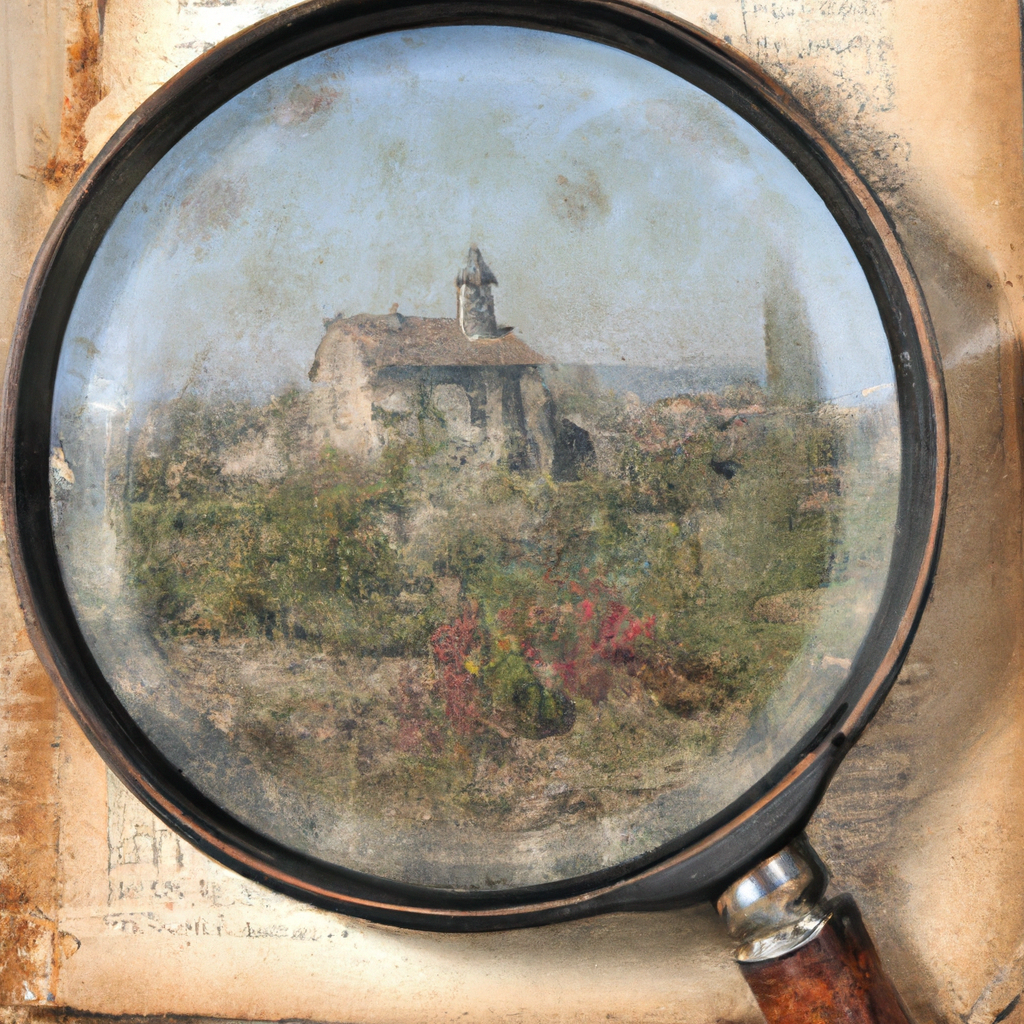
Are you fascinated by true crime stories? Do you enjoy reading about the history of forensic science? If so, you might be interested in reading The Killer of Little Shepherds by Douglas Starr. This book tells the story of one of the earliest serial killers in modern history, Joseph Vacher, who terrorized rural France in the late 19th century. In this article, we will review the book and provide an in-depth analysis of its contents.
Introduction
The Killer of Little Shepherds is a non-fiction book that reads like a novel. It tells the story of Joseph Vacher, a French farm laborer who killed at least 11 people, mostly young shepherds, between 1894 and 1897. Vacher was eventually caught and executed in 1898, but not before his case became one of the most sensational trials in French history.
Background Information
The book begins by providing a historical context for Vacher’s crimes. It explores the rural landscape of France in the late 19th century, where poverty, illiteracy, and superstition were rampant. It also delves into the history of forensic science, which was still in its infancy at the time. The book describes how the investigation into Vacher’s crimes was one of the first to use modern forensic techniques, such as fingerprinting and ballistics.
The Killer’s Profile
The book then goes on to describe Vacher’s background and personality. It paints a vivid picture of a man who was mentally unstable, socially isolated, and prone to violent outbursts. The book also explores the question of whether Vacher was truly insane or simply a cold-blooded killer.
The Murders
The heart of the book is a detailed account of Vacher’s crimes. It describes how he would lure young shepherds into the woods, where he would rape and murder them. The book also explores the psychological and forensic aspects of the murders. It describes how Vacher’s victims were chosen, how he covered his tracks, and how the investigators eventually caught him.
The Trial
The book concludes with a detailed account of Vacher’s trial and execution. It describes how the trial became a media circus, with reporters from all over the world descending on the small town of Bourg-en-Bresse to cover the proceedings. It also explores the legal and ethical questions raised by Vacher’s case, such as the use of expert witnesses and the insanity defense.
Conclusion
In conclusion, The Killer of Little Shepherds is a fascinating and well-researched book that provides a detailed account of one of the earliest serial killers in modern history. It explores not only the crimes themselves but also the historical and cultural context in which they occurred. If you are interested in true crime stories or the history of forensic science, this book is definitely worth reading.



